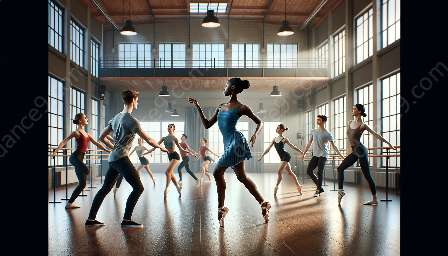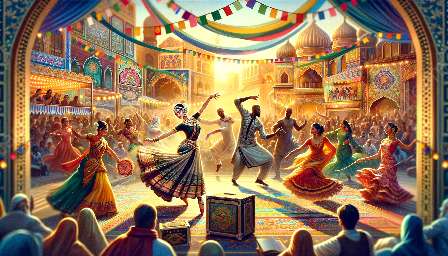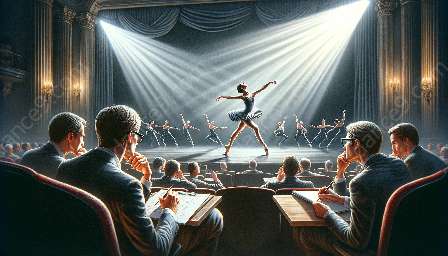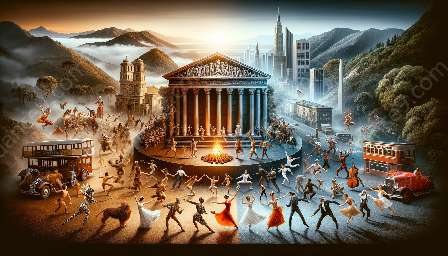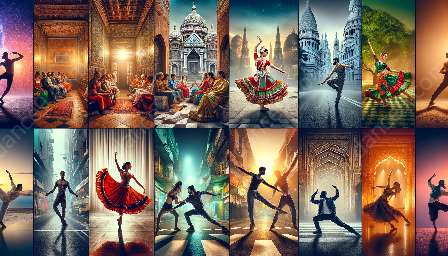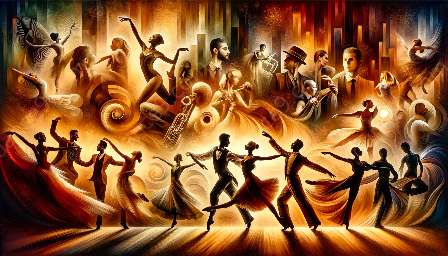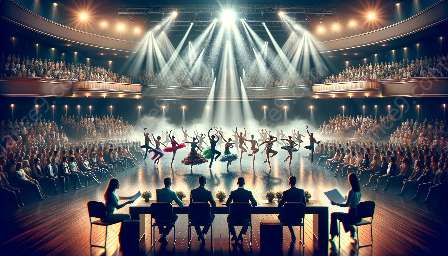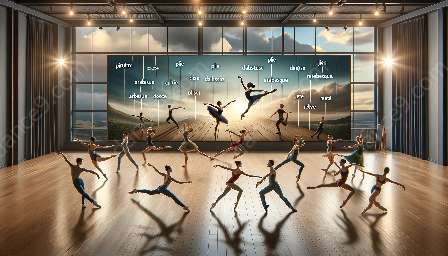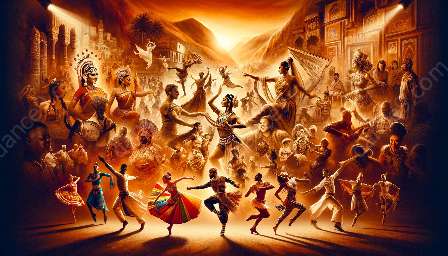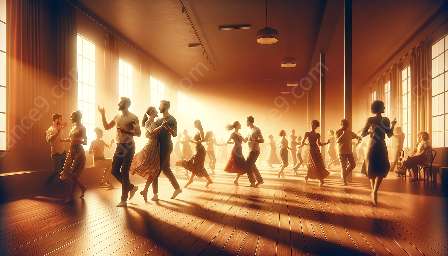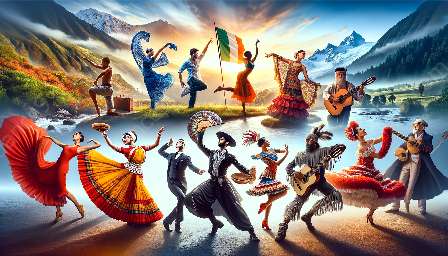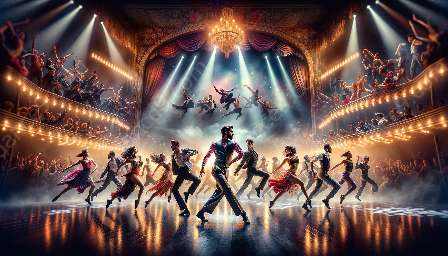Dance ethnography explores the psychological effects of dance on participants, shedding light on the impact of this immersive experience. This article delves into the intricate relationship between dance, culture, and psychology.
Humans have a deep psychological connection to dance. When immersed in dance ethnography, participants often undergo transformative experiences, navigating emotional landscapes and gaining insights into their own cultural identity. The integration of movement, music, and storytelling in dance fosters a unique psychological environment, inviting participants to explore their inner worlds.
The Role of Dance Ethnography
Dance ethnography serves as a bridge between the physical, emotional, and spiritual realms. By immersing themselves in various dance forms, participants engage in a process of self-discovery and cultural understanding. This exploration of movement and ritualistic practices provides a platform for participants to connect with their subconscious, leading to profound psychological effects.
The Psychological Impact
The experience of dance ethnography often triggers a range of psychological responses. Participants may undergo cathartic releases, tapping into repressed emotions and memories. The rhythmic nature of dance and its grounding in cultural traditions can evoke a sense of nostalgia, prompting individuals to reflect on their heritage and personal narratives.
Furthermore, the communal aspect of dance can cultivate feelings of unity and belonging, contributing to a sense of collective identity. Through shared movement and expression, participants establish connections with others, fostering a supportive and enriching psychological environment.
Self-Expression and Empowerment
Engaging in dance ethnography empowers individuals to express themselves in unconventional ways, transcending linguistic barriers to communicate through movement. This mode of expression can lead to enhanced self-esteem and a greater sense of agency. By delving into the physicality of dance, participants embrace their bodies as vehicles for self-expression and storytelling.
In addition, the process of learning and mastering cultural dance forms can instill a profound sense of accomplishment and mastery, contributing to positive psychological development. Participants gain a deeper appreciation for their abilities and potential for growth, fostering a positive self-image.
Understanding Cultural Identity
Exploring dance ethnography provides a window into diverse cultural traditions, allowing participants to gain a deeper understanding of their own cultural identity and the world at large. This heightened awareness of cultural nuances and rituals nurtures empathy and tolerance, promoting psychological well-being and a more interconnected worldview.
Conclusion
Dance ethnography opens the door to a myriad of psychological effects on participants. From emotional introspection to cultural appreciation, the impact of dance on individuals transcends the physical realm, leaving a lasting imprint on their psychological well-being. This immersive exploration of movement and culture serves as a catalyst for personal and collective transformation, illuminating the intricate relationship between psychology and dance.


